detail profile stomy bugsy
Peran Yang Di Mainkan Stomy Bugsy
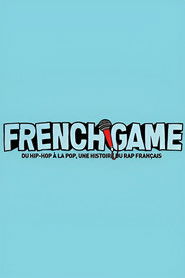 A chronological and thematic history of...
A chronological and thematic history of...French Game 2019
A chronological and thematic history of French rap, told through a list of 11 short films, emblematic titles from 1990 to the present day. Each episode ends with an original cover by an emerging French artist or rapper.
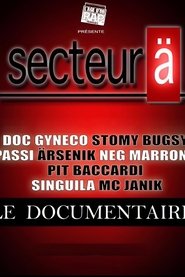 One of the hottest groups in...
One of the hottest groups in...Secteur Ä 2018
One of the hottest groups in French rap in the 90s is making a comeback this year. A few months ago, Doc Gyneco announced the reformation of Secteur Ä in its entirety, including Doc Gyneco, Passi, Pit Baccardi, Ärsenik, Stomy Bugsy, les Neg' Marrons, Mc Janik and Singuila. To mark the occasion, the first episode of a documentary dedicated to the Secteur Ä collective has just been released. In it, the members talk about their memories of the time, but also about how rap and hip-hop have evolved over the past 30 years.
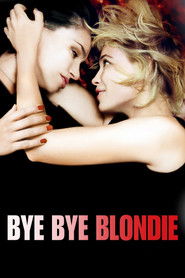 A love story of two women...
A love story of two women...Bye Bye Blondie 2012
A love story of two women who meet up in their late forties and attempt to retrieve the romance they had in their youth.
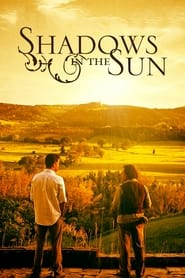 An aspiring young writer tracks a...
An aspiring young writer tracks a...Shadows in the Sun 2005
An aspiring young writer tracks a literary titan suffering from writers block to his refuge in rural Italy and learns about life and love from the irascible genius and his daughters.
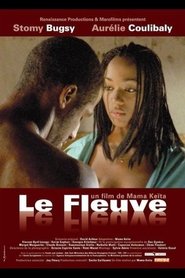 The River ponders whether you can...
The River ponders whether you can...The River 2003
“The River” ponders whether you can go home again, particularly if you’ve never been there. When Alfa (French rapper Stomy Bugsy) kills his drug-dealer boss in retaliation for a friend’s death, his brother cryptically suggests he leave Paris and “go toward the river.” Accompanied by sassy Senegalese cousin Marie (Auriele Coulibay), he embarks on a road trip back to his disdained African roots. Pic possesses a picaresque charm, plus feisty persona of Marie. But Bugsy is so unflaggingly morose, it’s hard to understand what Marie sees in him. Pic, yet to find a distrib in France, stands little chance in the U.S.
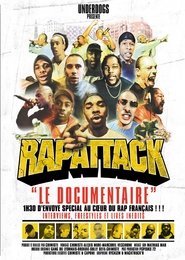 A documentary at the heart of...
A documentary at the heart of...Rap Attack 2002
A documentary at the heart of French rap: its beginnings, its history, its influences. Featuring exclusive interviews, freestyles, and live performances from the French rap scene.
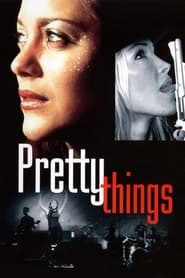 Lucie who works as a whitehot...
Lucie who works as a whitehot...Pretty Things 2001
Lucie, who works as a white-hot fashion model, exhibits a dominant, often controlling, "Type A" personality, whereas identical twin Marie consistently projects a backward, reserved, laconic and unassuming attitude. When Lucie receives a covetable French recording contract, a significant problem stands in her way: the inability to sing. Marie possesses the voice of an angel, however, and quickly jets off to Paris to stand in for her sister, unannounced - little realizing the dangerous and even violent string of consequences that she is igniting.
 Maria is a bright and attractive...
Maria is a bright and attractive...All About Love 2001
Maria is a bright and attractive but not especially responsible young woman who is used to having things go her way in life. Out of school and with no clear career path, Maria ends up taking a job putting together cushions for chairs. But after a single day on the job she quits, claiming the work hurts her hands and she'd rather start her own restaurant. As Maria plots her next move, she impulsively swipes a piece of lingerie from a store, then tries to lie her way out of the situation when she's caught. But Maria finds that words can't get her out of this bind, and soon she's in jail and dealing with much deeper trouble than she ever imagined possible.
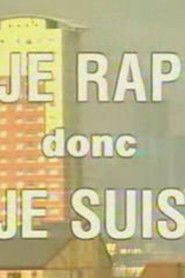 Rap Violent words a social chronicle...
Rap Violent words a social chronicle...I Rap Therefore I Am 1999
Rap ? Violent words, a social chronicle without complacency at a time of the politically correct and a wishywashy consensus. Twenty years after its first babblings in the popular quarters of New York, rap has imposed its presence beyond the borders. Je rap donc je suis (I Rap Therefore I Am) goes around five different towns where it meets rappers driven by the same motivation. In Paris and its suburbs, Marseille and its districts, Algiers, London or Berlin, rappers move, play, record, teach... And above all, they talk. Outside of any promotional context, the present-day heralds of French hip-hop, from La Rumeur to IAM, speak about the role of rap, the environment in which it was born, boredom, the feeling of belonging to a sacrificed generation, drugs in districts of towns, immigration, parents, political and social actors, the police, school, writing, money, the parallel economy, violence...
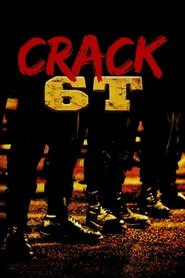 Outwardly a chilling portrait of the...
Outwardly a chilling portrait of the...Crack 6T 1997
Outwardly a chilling portrait of the aimless lives of unemployed inner city youths living on society's fringe, the underlying message of this volatile drama seems to call for violence to rectify social injustices. The film centers on two teenaged gangs who basically terrorize their neighborhoods with their anarchic behavior. There are few limits to their unpleasant philosophy of "desire equals acquisition." The loosely structured tale reaches its climax at a concert where the two rival groups collide.
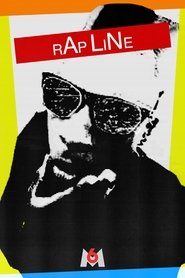 Between 1990 and 1993 at a time when...
Between 1990 and 1993 at a time when...RapLine 1993
Between 1990 and 1993, at a time when rap was not yet on the radio in France, Olivier Cachin hosted a musical TV show on M6 called "RapLine". The show exclusively devoted to rap and other alternative music. This cult show presented all the facets of these emerging movements through interviews, lives and clips made especially for the show, around fifty clips were produced by RapLine. Another sequence of the show consisted of broadcasting new US rap clips subtitled in French.
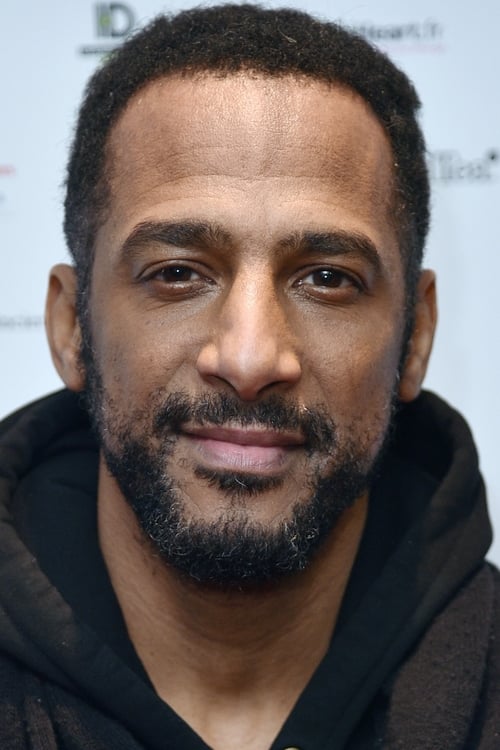
 These old friends now have to...
These old friends now have to...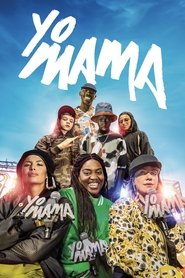 Three housewives decide to get into...
Three housewives decide to get into...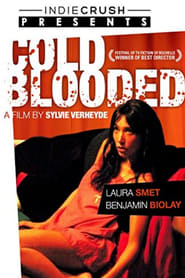 Cold Blooded The meeting between a...
Cold Blooded The meeting between a...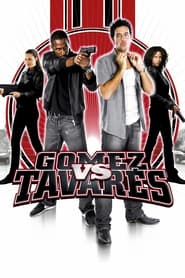 Two crooked lawmen Stomy Bugsy Titoff...
Two crooked lawmen Stomy Bugsy Titoff...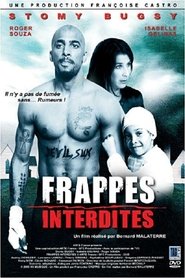 A boxer is unfairly suspected by...
A boxer is unfairly suspected by...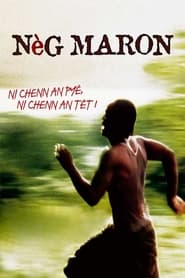 Two childhood friends Joshua and Flint...
Two childhood friends Joshua and Flint... Two very different cops are forced...
Two very different cops are forced...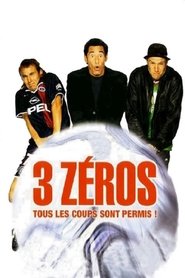 A young Hungarian dreams of playing...
A young Hungarian dreams of playing... After winning the lottery a convict...
After winning the lottery a convict...